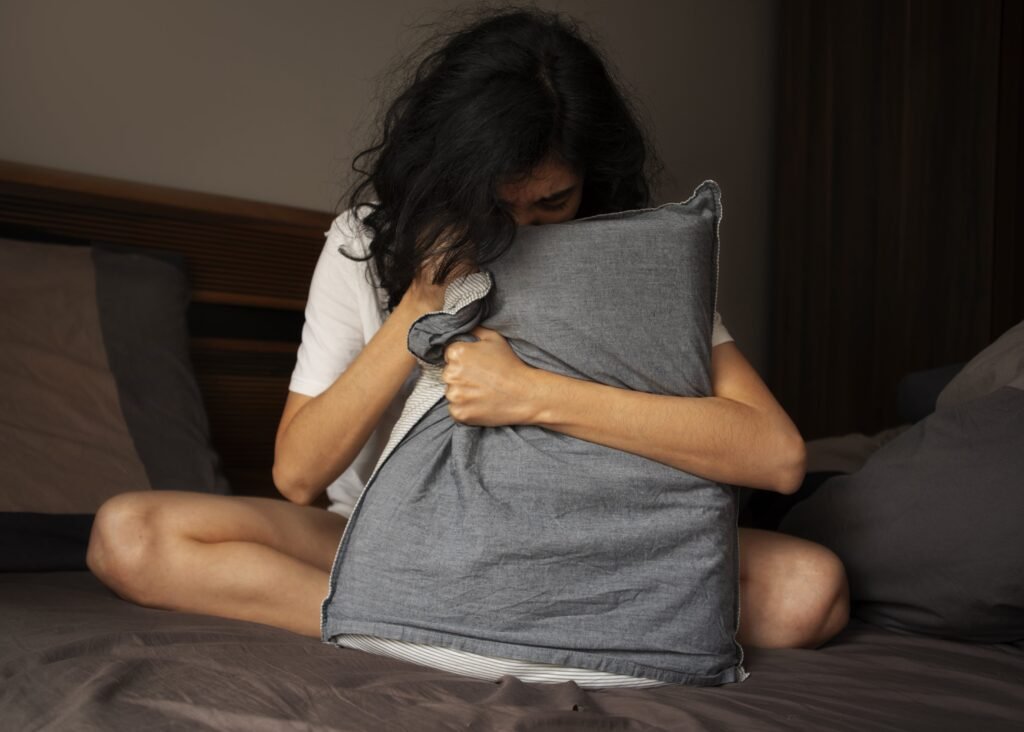
In the digital age, porn addiction quietly disrupts lives, routines, and relationships, presenting a significant yet often unnoticed challenge. If you’re struggling to recover from porn addiction, know that you’re not alone and there are ways to regain control and restore balance in your life.
Understanding Porn Addiction and Its Impact
Porn addiction is a condition where a person relies heavily on pornography to the point that it disrupts their daily life. Just like other addictions, such as smoking or drinking too much alcohol, porn addiction can create problems in relationships and personal well-being. People who struggle with this condition often find it hard to control their urge to watch porn, leading to compulsive behavior.
Over time, this compulsive behavior can lead to feelings of shame, loneliness, and anxiety. It can affect self-esteem, create social isolation, and diminish interest in real-world intimacy. This makes it even more difficult for individuals to break free from porn addiction and start their recovery journey.
The Cycle of Compulsive Porn Use
Porn addiction often begins innocently with curiosity. At first, it may seem harmless, but gradually the individual may need to consume more explicit or frequent content to feel the same excitement. This is similar to building a tolerance, like with substance use disorders. As consumption grows, it can lead to neglect of work, studies, hobbies, and personal relationships.
This overconsumption creates a destructive cycle: feelings of guilt and low self-worth drive further porn use as a form of escape. Individuals caught in this loop might think, “I can’t stop,” reinforcing the addiction. These patterns highlight the importance of recognizing warning signs early and seeking tools to recover from porn addiction.
How Porn Addiction Affects Relationships
People with porn addiction may also find it difficult to connect with others in real life. Unrealistic expectations created by pornography can damage intimate relationships. They may feel less satisfaction with real-life partners or experience decreased emotional connection.
This strain can lead to arguments, mistrust, and even breakups. Over time, the person may avoid intimacy altogether, leading to increased isolation. Recognizing the emotional and relational toll of addiction is key to motivating recovery.
Path to Recovery: Seeking Help and Rebuilding Life
If you think you or someone you love is dealing with this issue, taking the first step toward recovery is crucial. It might feel uncomfortable or embarrassing, but asking for help is a sign of strength. Support systems—such as therapy, support groups, or online communities focused on porn addiction recovery—can make a significant difference.
Professional counseling can provide guidance and structure to develop healthier coping mechanisms. Techniques such as Cognitive Behavioral Therapy (CBT) are especially effective in treating behavioral addictions like this. Practicing self-care and mindfulness can also support your emotional well-being.
Setting small, achievable goals like limiting screen time or identifying triggers—can help reduce reliance on pornography. Engaging in fulfilling activities such as exercise, journaling, learning a new skill, or socializing can help fill the emotional gaps left by porn use.
Summary:
Recovering from porn addiction is a gradual journey, and it requires patience, self-awareness, and support. It’s important to be kind to yourself, celebrate progress, and not be discouraged by setbacks. With the right help and dedication, you can heal, reconnect with your authentic self, and lead a more balanced and healthy life free from compulsive behaviors.
Check Project A Offerings